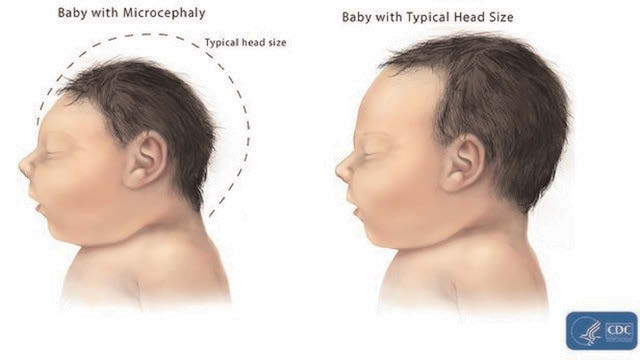
KUALA LUMPUR (TIP): Malaysia on September 1 reported its first suspected case of Zika, a 58-year-old woman believed to have contracted it in neighbouring Singapore where more than 100 cases have been confirmed.
The Malaysian woman had made a brief trip in late August to visit her daughter, who lives in Singapore and has already been confirmed as having the Zika virus, Malaysia’s health ministry said in a statement.
After returning to her home near the Malaysian capital, Kuala Lumpur, the 58-year-old woman fell ill and was diagnosed with “suspected” zika, based on a urine test. Full confirmation via blood tests is pending.
“The source of infection is suspected to have occurred in Singapore,” the statement said.
The Aedes mosquito-borne Zika, which has been detected in 67 countries and territories including hard-hit Brazil, causes only mild symptoms for most people, such as fever and a rash.
But pregnant women who catch it can give birth to babies with microcephaly, a deformation marked by abnormally small brains and heads.
Tropical Malaysia, which already has struggled in recent years to control the spread of Aedes-borne dengue fever, has been bracing for Zika after Singapore last weekend reported a surge in cases.
In an update on Wednesday, Singapore authorities said the number of infections there had risen to 115.Malaysia’s health ministry said five other Malaysians who live and work in Singapore were among the city-state’s cases.
The ministry said Malaysia was intensifying monitoring at border points and ramping up mosquito-control measures across the country, such as fogging with pesticides.
It called on Malaysians to do all they can to eliminate potential mosquito breeding sites such as standing water and to seek early medical attention if they have Zika symptoms, especially if they have visited outbreak areas such as Singapore. “From the first reported case of Zika, we can conclude that it is rather easy to get infected by the virus when visiting places that (have an) outbreak, including Singapore,” it said. (AFP)





Be the first to comment